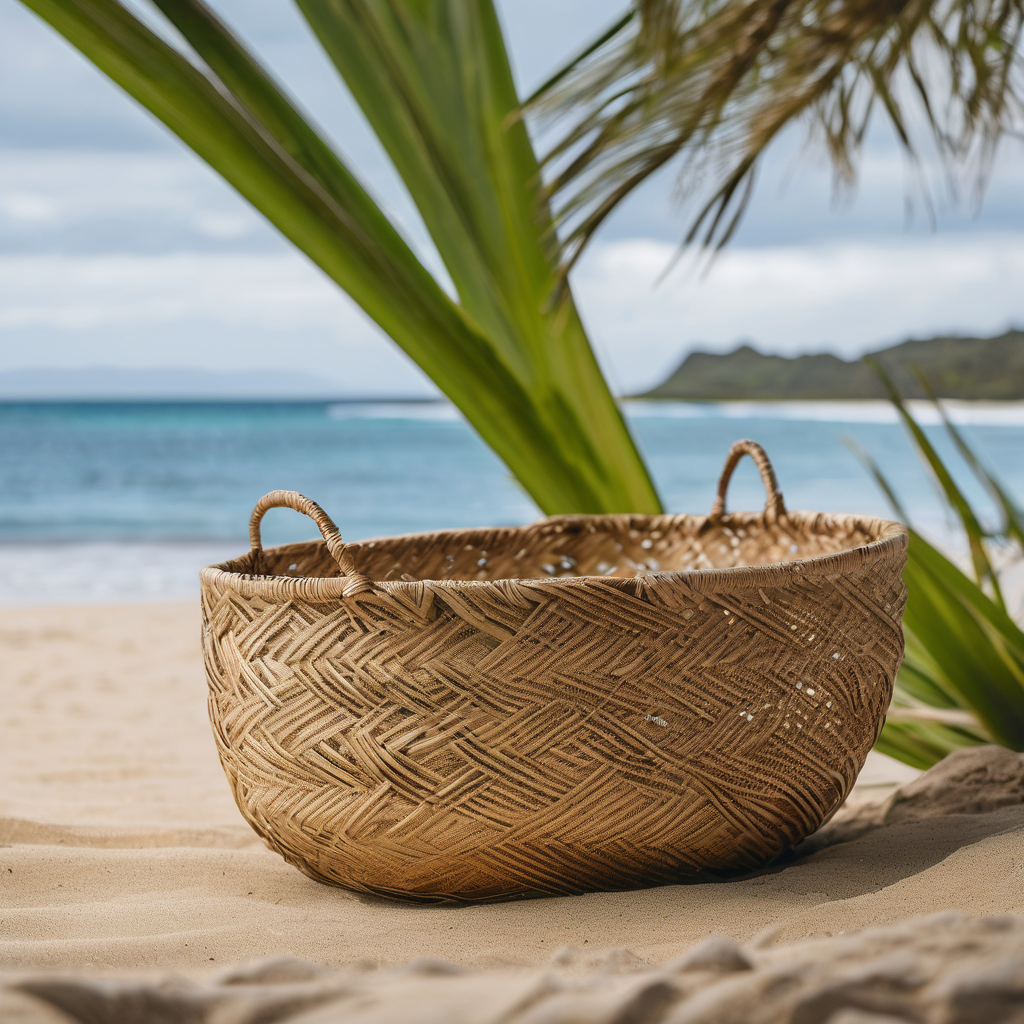The Pacific region is undergoing a pivotal transformation, where the rich cultural heritage long dismissed as an impediment is now being embraced as the bedrock of sustainable development and climate resilience. The Na Vuku ni Vanua Conference in Nadi, the first of its kind, exemplifies this shift. It gathers traditional leaders, government officials, academics, NGOs, and development partners to advance culture as a crucial tool in addressing present and future challenges in the region.
Frances Vakauta, Team Leader for Culture for Development at the Pacific Community (SPC), highlights that this conference seeks to harness cultural wisdom for development while ensuring that traditional knowledge holders actively participate in decision-making processes. Establishing a network of cultural practitioners and developing a policy white paper to integrate cultural insights into climate adaptation and relocation strategies are key outcomes expected from this conference.
Efforts to develop ethical guidelines for engaging with Indigenous and cultural communities are underway, beginning in Fiji and potentially extending throughout the region. The World Bank supports this initiative, with Senior Social Development Specialist Dr. Abidah Setyowati underscoring the importance of amplifying Indigenous voices for effective climate adaptation and food security.
This conference heralds a significant turning point by placing culture at the heart of Pacific solutions. Historically, Pacific leaders have faced climate challenges head-on by advocating for collaborations that respect and incorporate cultural practices. Past summits have emphasized that traditional knowledge offers invaluable insights for modern adaptation strategies, ensuring that solutions are not only effective but also culturally resonant.
The broader Pacific context involves ongoing efforts to integrate Indigenous knowledge into climate policies, aiming to create resilient, community-driven solutions. These efforts are part of a larger movement across the Pacific for cohesive climate action, pushing for necessary financial support and accountability to implement strategies that reflect the real-life needs of Pacific communities.
This growing focus on cultural integration and collaboration instills a sense of hope and optimism. By respecting and leveraging traditional cultural practices, Pacific nations are well-positioned to lead innovative, sustainable, and inclusive climate initiatives. This pioneering approach not only safeguards their heritage but also offers a blueprint for other regions to follow, demonstrating the power of combining traditional wisdom with contemporary climate science to forge a resilient and sustainable future.
